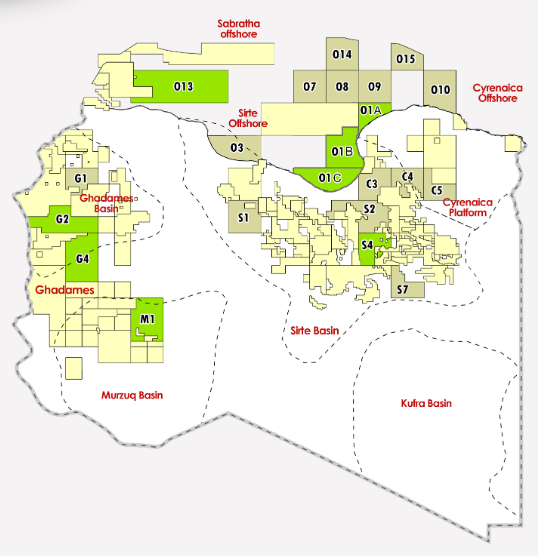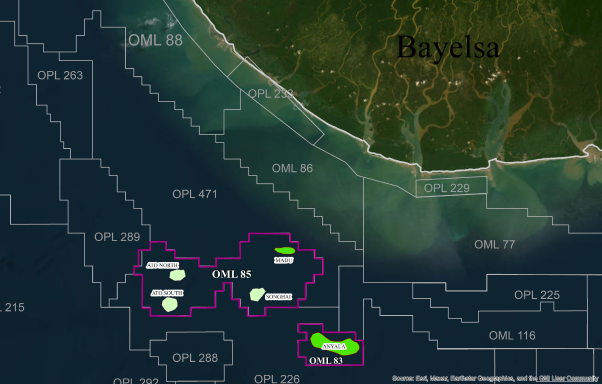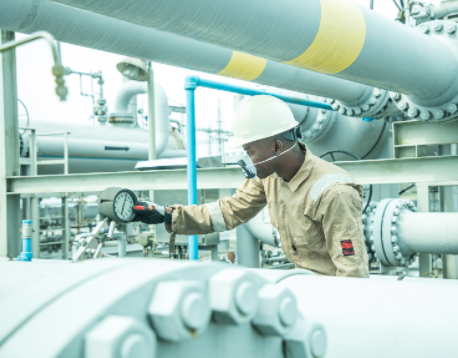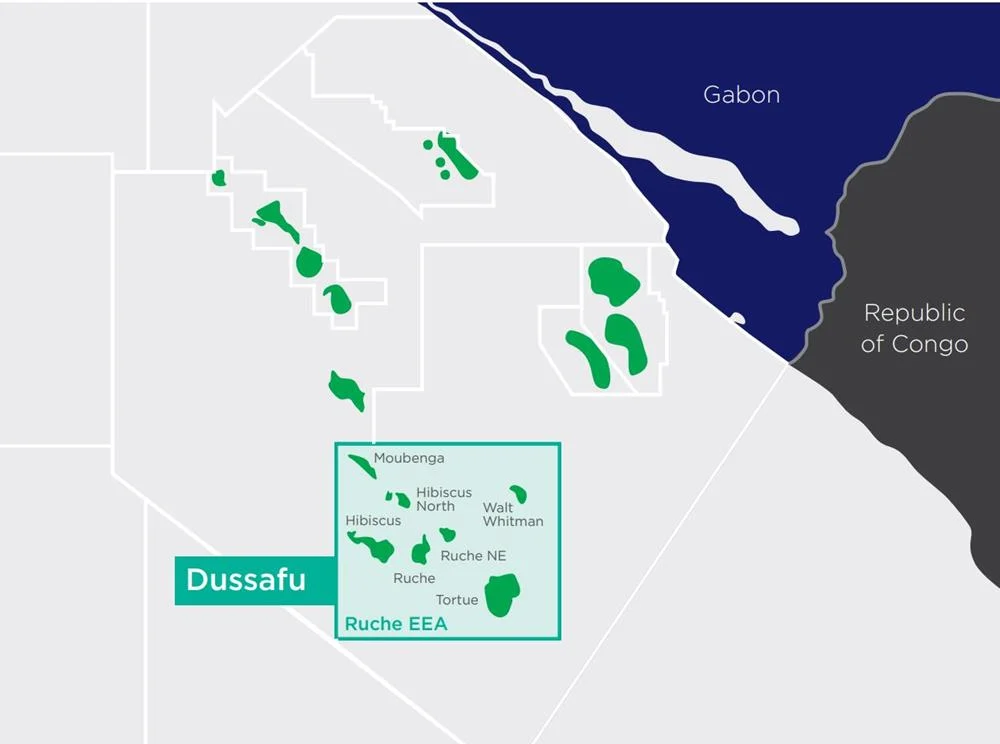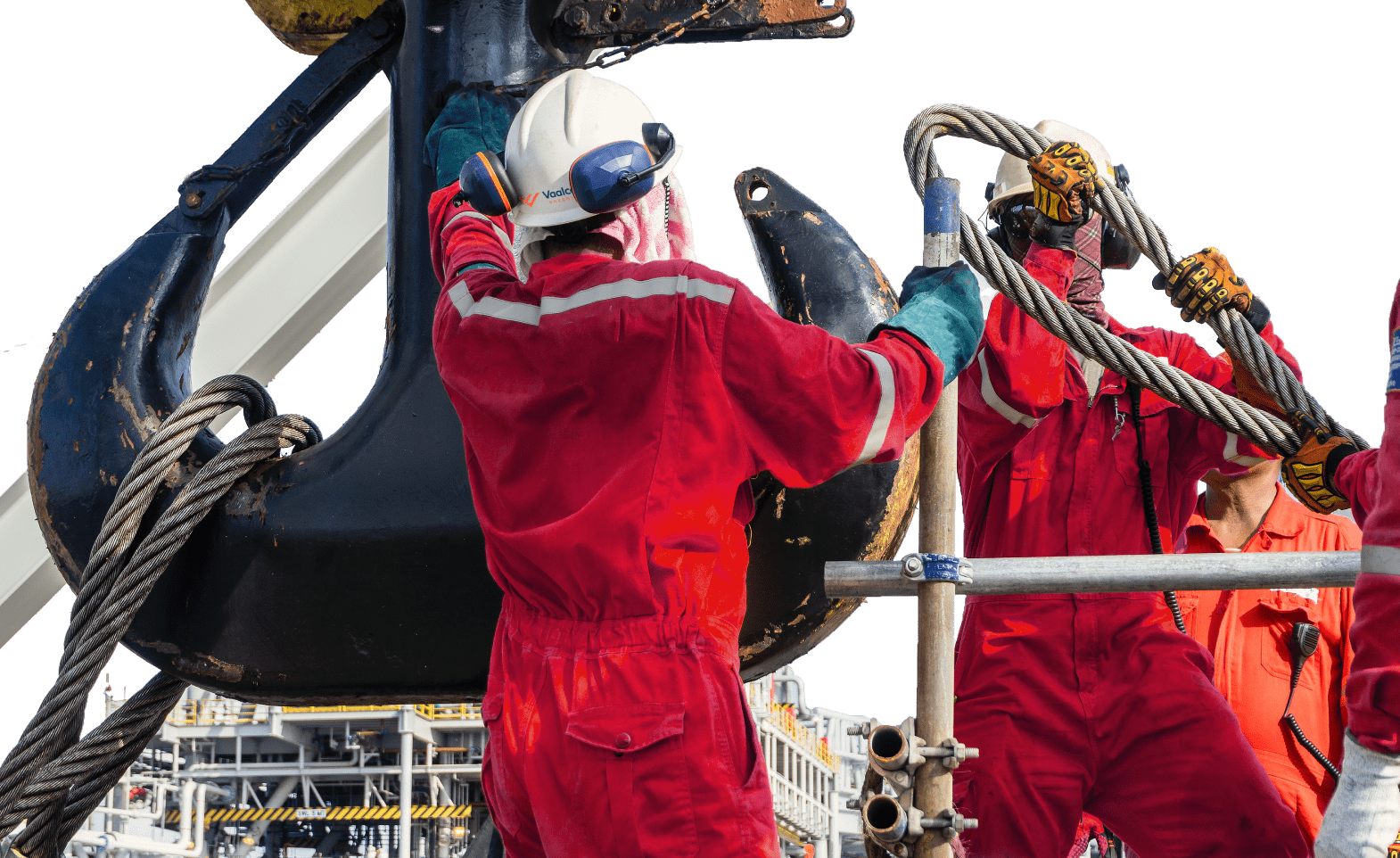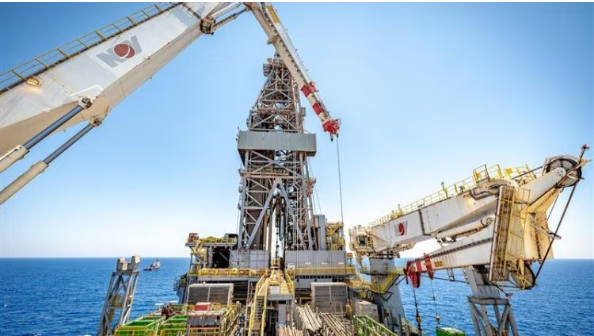Kenya’s Early Oil Pilot Scheme Not Expected To Generate Any ‘Significant Revenues’
The Kenyan government has rushed to cool down expectations resulting from the approval of the early oil pilot scheme project approved yesterday saying that whereas there will be oil exports no significant revenues are expected.
According to Ministry of Energy and Petroleum Principal Secretary Andrew Kamau the country may barely break even once the project commences with the cost of moving a barrel by road to the Mombasa refinery expected to range between $30-34 per barrel.
This means that the Early Oil Pilot project may be a loss making venture at the current oil price with the development and production amounting to $25 per barrel according to Tullow Oil making it virtually impossible to break even at a market price of less than $55 per barrel.
“The early oil pilot scheme is a critical step to full field development where we will study the oil properties as well as try out the transportation route,” Kamau told reporters during the early oil pilot scheme media briefing by the ministry of energy.
The high transport cost by road could however come down as the project reaches over 5000 barrels a day as to when the government will use railway transportation from Eldoret to Mombasa against the current plan that involves 14 trucks a day driving to Mombasa daily. The road transport is estimated to take three days.
Once the consignments reach Mombasa they will need to accumulate to between 200,000 and 215,000 barrels to be shipped out. To this end the government plans to upgrade the storage tanks at the refinery at a cost of between 1.4 to 1.5 billion shillings.
The ministry confirmed that the project has already received approval ESIA by the national management environment authority.
Kamau also said the government is considering building a small gas fired power station utilizing gas from the project & excess gas will be flared.
The PS also clarified that the country has no immediate plans to put up a refinery till volume levels are up to 300,000 barrels a day against the planned 100000 barrels currently.


